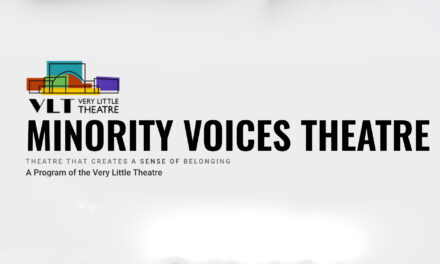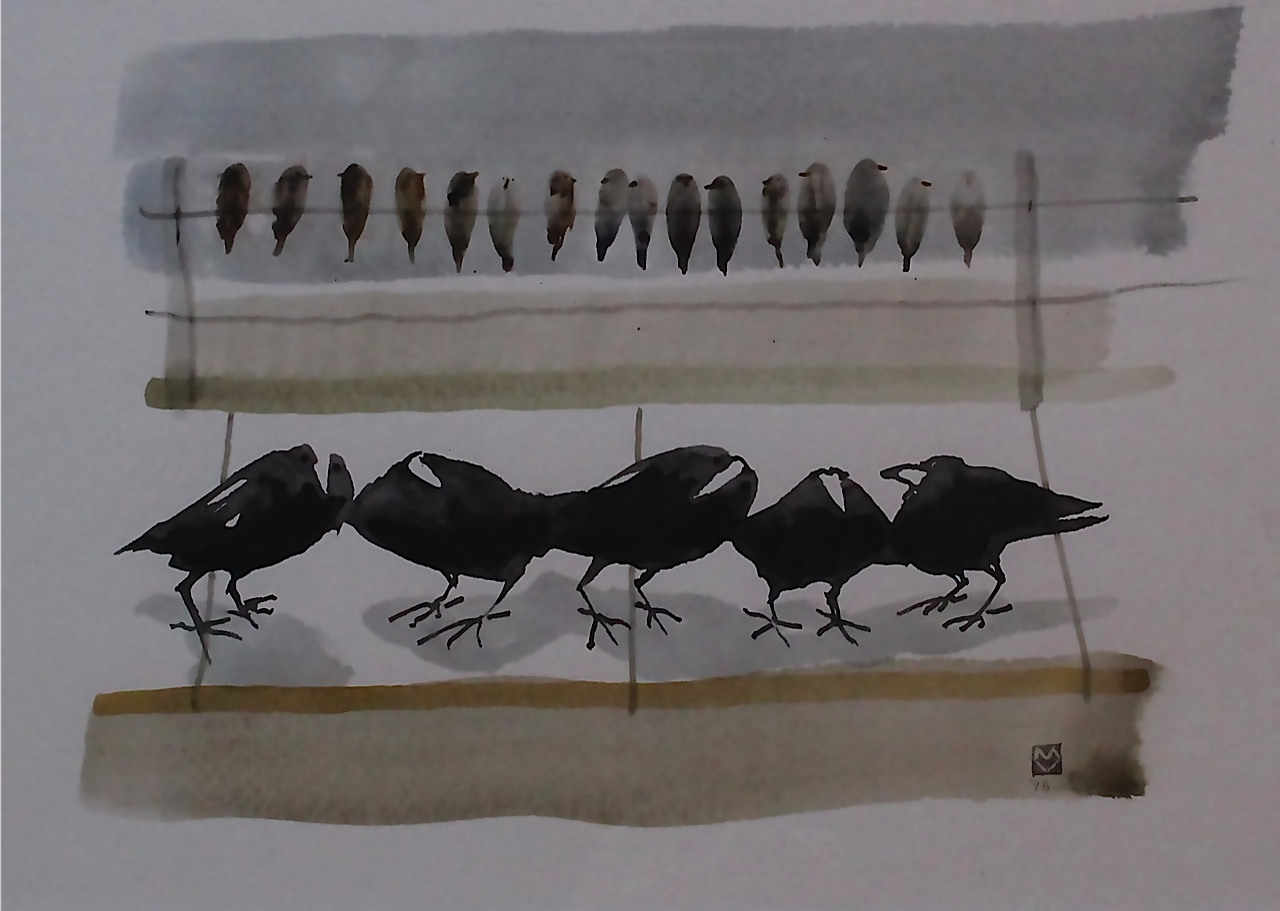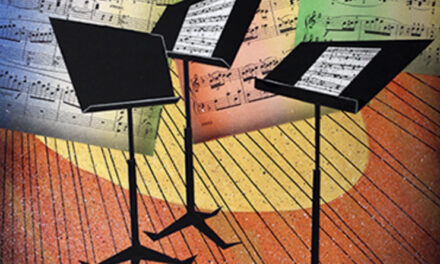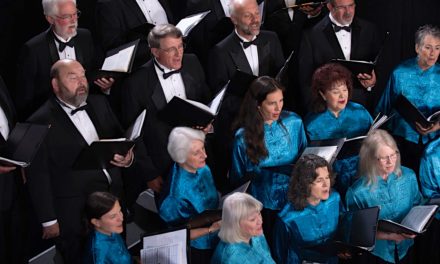By Daniel Buckwalter
(#CommonManAtTheSymphony)
The sweeping, melodic and familiar phrasing of Ludwig van Beethoven and Sergei Rachmaninov gave patrons of the Eugene Symphony Orchestra an elegant sendoff to the holiday season.
Led by conductor Rory Macdonald — the third of five candidates vying for the symphony’s artistic director position — the Eugene Symphony on Dec. 12 roared through Beethoven’s Piano Concerto No. 3 in C minor, with guest pianist Anthony Ratinov leading the way, then capped the night with a standing ovation after a captivating performance of Rachmaninov’s Symphony No. 2 in e Minor.
Throw in a bouncy and fun vignette of a piece called Masquerade by British-born composer Anna Clyne, and the orchestra was in fine form in front of a sizable and appreciative audience at the Hult Center’s Silva Concert Hall.
The highlight for me was Rachmaninov’s iconic four-movement symphony, “a fat Russian novel of a symphony,” Macdonald said at the outset of the program. He could have added that it is almost a mad novel. It is lyrical and stormy, full of layered beauty and jagged chaos. It has it all.
At the center of this magnificent piece of work is the poetic, serene and deeply romantic third movement. It is well known, yes, but it still is 14-plus minutes of enchantment that, if it catches you at the right moment in time, can bring a tear to the eye.
It didn’t do that to me on Thursday, but I was still riding its waves of emotions. The movement simply stops the mind and allows the heart to roam. It is a thing of wonder, a treasure.
Before intermission, Ratinov took the stage and took the piano by storm in Beethoven’s Piano Concerto No. 3 in C minor. Watching him strike the keyboard with vigor and listening to his musicianship was striking. He was delightful and energetic, and I hope Eugene audiences will see him again.
It was near the end of the Rachmaninov piece that it dawned on me: Hey, Macdonald is one of the five finalists to be Eugene Symphony’s next artistic director. I had almost forgotten.
That’s not a negative on the Scottish-born composer and conductor. Far from that, it’s a testament, I think, to Macdonald’s professionalism, the fact that he can blend with the orchestra and soloists, even if he has personal stake in the outcome.
He was concise and commanding from the podium, and he never drew attention to himself during the evening outside of a few short remarks at the outset of the concert.
It was a pleasure to watch him work, and if he is, indeed, the last conductor standing in the spring — if he is the new artistic director — the Eugene Symphony Orchestra will be in good hands.











